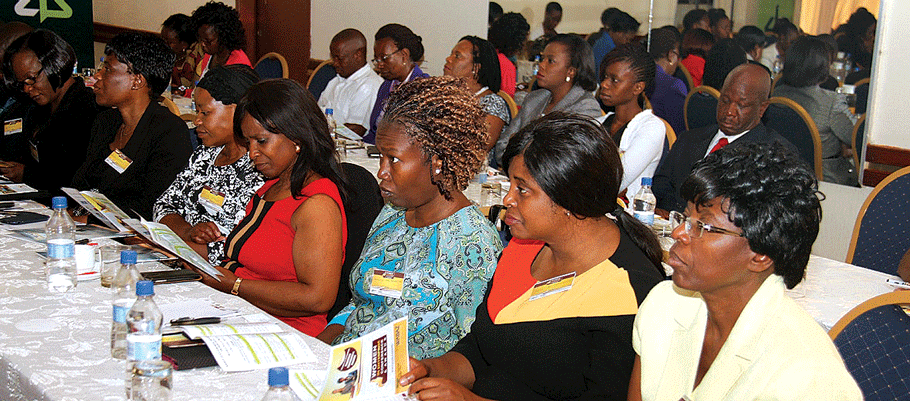
faith Zaba Editor’s Memo ON Tuesday, the world celebrated women under the hashtag #BreakTheBias.
The theme for this year’s International Women’s Day is “Gender equality today for a sustainable tomorrow”.
It calls on people to work towards a world that is equitable, inclusive and free from bias and discrimination so that the playing field is levelled for women.
The theme could not have been more apt given the prevailing challenges that women continue to face.
Women are still underrepresented as top executives, partners and in boards of directors across all professions in Zimbabwe.
Former president, the late Robert Mugabe was quoted in 1976 saying: “Our women fighters have demonstrated beyond all doubt that they are as capable as men and deserve equal treatment, both in regard to training and appointments”.
Despite this recognition of the women’s role during the war of liberation, fighting side by side with their male counterparts, Zimbabwean women still face discrimination and gender inequality 42 years after independence.
In a paper titled Gender and War: Zimbabwean Women and the Liberation Struggle, Patricia Chogugudza points out that: “Thus from a feminist perspective, it is evident that for most women, joining the war was a way to assert their equality as human beings.
- Chamisa under fire over US$120K donation
- Mavhunga puts DeMbare into Chibuku quarterfinals
- Pension funds bet on Cabora Bassa oilfields
- Councils defy govt fire tender directive
Keep Reading
“Many feminist critics will agree that women’s role in combat was responsible for the beginning of forced acceptance of women as equals in male-dominated arenas; even though much still has to change”
She further argues that “while women’s resilience in revolutionary wars is beyond doubt, for Zimbabwean women, however, the resilience did not translate into gender equality, in the military camps and in post-revolutionary society”. Women continue to suffer disadvantages.
They live in a patriarchal society that provides them unequal opportunities to succeed.
It remains a major challenge to address societal norms that perpetuate disadvantages, biases and exclusion.
Misogyny, derived from the Ancient Greek word mīsoguníā meaning hatred towards women, has taken shape in multiple forms such as male priviledge, patriarchy, gender discrimination, sexual harassment, belittling of women, violence against women and sexual objectification.
Women are treated condescendingly, as being less intelligent than their male counterparts. They have to work extra hard to prove themselves.
They continue to suffer the worst forms of abuse at the workplace — being overlooked, bullying, belittling, back-biting and being second-guessed. Women’s work is unappreciated.
The structural issues are demonstrated by the prevailing perceptions of gender and leadership and presented in the form of prejudices.
The story is the same every sector — media, corporate world, government and politics.
The dwindling number of female chief executives says they are an endangered species in Zimbabwe’s corporations.
Boards of listed companies remain largely male-dominated.
Women, at senior level in lucrative sectors like mining, are absent.
Women’s voices and perspectives across all sectors are lacking.
Men tend to protect and cover up for each other.
Other challenges that women face is pregnancy discrimination, which refers to when women are fired, not hired, or discriminated against because of their pregnancy.
This discrimination can occur in the form of offensive comments by senior officials, peers and clients.
Countless studies have shown that a lot of men feel threatened by female bosses and they prefer male bosses.
However, I would wish to point out that there are men who do the right thing — respect women leaders, mentor and support women’s arduous climb up the corporate ladder.
Today, some women stand out as compelling examples of strength in the face of hardship and despair.
They are an inspiration to the girl child that through building a strong character, perseverance, hard work, determination, fierceness and standing up to misogyny, a woman can climb the corporate ladder.
However, we still have a long way to go, especially in corporations, where the adage glass ceiling is still relevant.
It is time we shatter toxic masculinity and work towards political, economic and social gender equality.
As Nigerian prolific writer Chimamanda Adichie said: “I matter.
I matter equally.
Not ‘if only’, not ‘as long as’.
I matter.
Full stop”.
- follow@[email protected]











